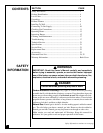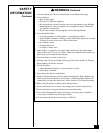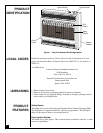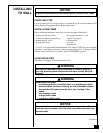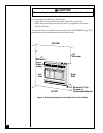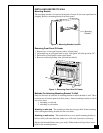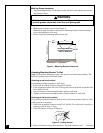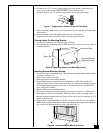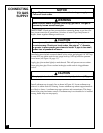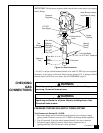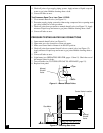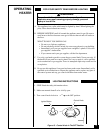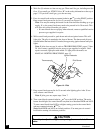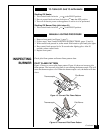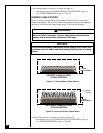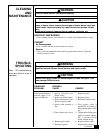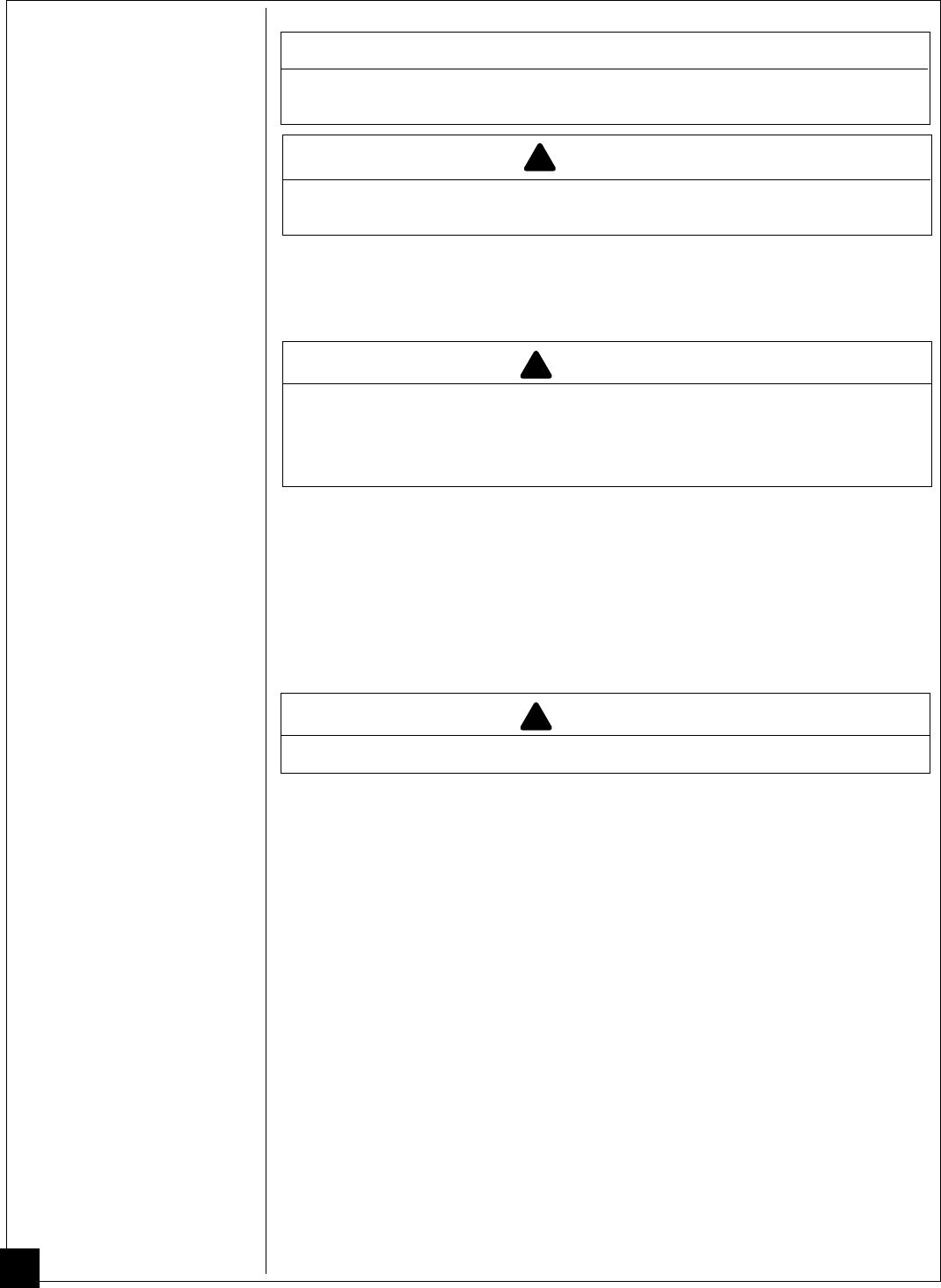
10
CONNECTING
TO GAS
SUPPLY
NOTICE
A qualified service person must connect heater to gas supply.
Follow all local codes.
!
WARNING ICON G 001
WARNING
Never connect heater to private (non-utility) gas wells. This gas is
commonly known as well-head gas.
IMPORTANT:
Check gas line pressure before connecting heater to gas line. Gas
line pressure must be no greater than 14 inches of water. If gas line pressure is
higher, heater regulator damage could occur.
Installation must include a manual shutoff valve, union, and plugged 1/8" NPT tap.
Locate NPT tap within reach for test gauge hook up. NPT tap must be upstream
from heater (see Figure 10, page 11).
Apply pipe joint sealant lightly to male threads. This will prevent excess sealant
from going into pipe. Excess sealant in the pipe could result in clogged heater
valves.
CAUTION
Use pipe joint sealant that is resistant to liquid petroleum (LP) gas.
!
WARNING ICON G 001
CAUTION
Use only new, black iron or steel pipe. Copper tubing may be used
in certain areas. Check your local codes. Use pipe of
1
/2" diameter
or greater to allow proper gas volume to heater. If pipe is too small,
undue loss of pressure will occur.
!
WARNING ICON G 001
Install sediment trap in supply line as shown in Figure 10. Locate sediment trap
where it is within reach for cleaning. Locate sediment trap where trapped matter is
not likely to freeze. A sediment trap traps moisture and contaminants. This keeps
them from going into heater controls. If sediment trap is not installed or is installed
wrong, heater may not run properly.



